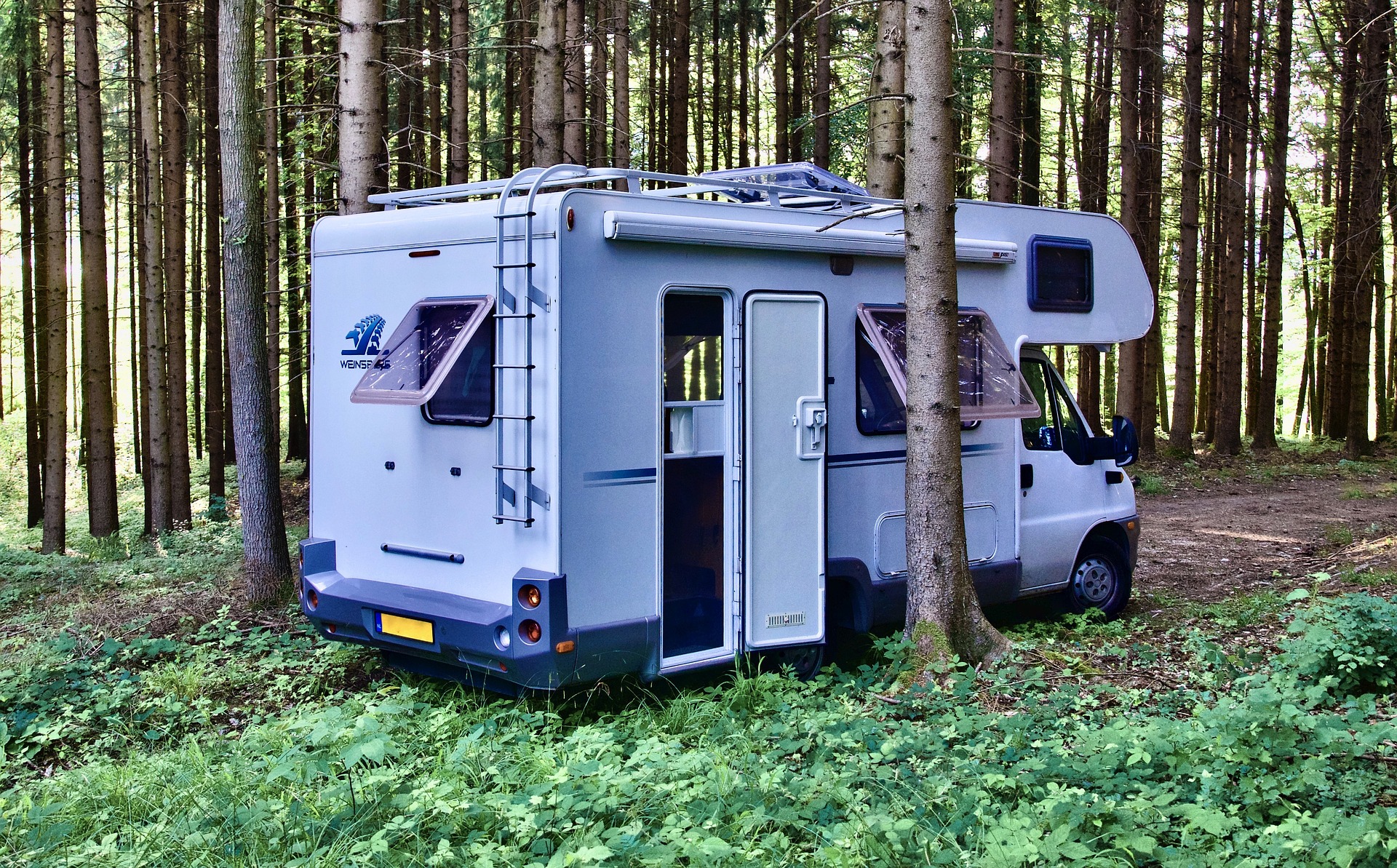Drone Pilot Training
Want to learn how to operate a drone professionally? This article explores what drone pilot training typically includes — from flying basics to repair tips. Discover how people in different regions may benefit from courses designed to build real-world skills.

What does drone pilot training typically involve?
Drone pilot training programs usually cover a wide range of topics to ensure operators are well-prepared for various scenarios. Courses typically begin with an introduction to drone technology, including the different types of drones and their components. Students learn about flight principles, aerodynamics, and weather conditions that affect drone operations. Safety protocols and regulations form a crucial part of the curriculum, ensuring pilots understand their responsibilities and legal obligations [1].
How can I learn to fly a drone safely and legally?
Learning to fly a drone safely and legally involves understanding and adhering to local regulations. In Papua New Guinea, as in many countries, drone operators must follow specific rules set by the Civil Aviation Safety Authority (CASA). Training programs often include modules on airspace classifications, no-fly zones, and privacy considerations. Practical flight training is essential, covering takeoffs, landings, and maneuvering techniques. Many courses also teach risk assessment and emergency procedures to ensure safe operations in various conditions.
What are the basics of drone repair and maintenance?
Basic drone repair and maintenance are vital skills for any pilot. Training programs often include modules on routine checks, cleaning procedures, and simple repairs. Students learn to identify common issues with propellers, motors, and batteries. Understanding how to calibrate sensors and update firmware is also crucial. Proper storage and transportation techniques are covered to prevent damage when the drone is not in use. By mastering these skills, pilots can extend the lifespan of their equipment and ensure optimal performance during flights.
How can drones be used for work in Papua New Guinea?
Drones have numerous applications in Papua New Guinea’s diverse landscape and industries. In agriculture, they can be used for crop monitoring, pest control, and precision farming. The mining sector utilizes drones for surveying and site inspections. Conservation efforts benefit from aerial wildlife monitoring and anti-poaching surveillance. In urban areas, drones assist in infrastructure inspection, construction site management, and real estate photography. Emergency services can employ drones for search and rescue operations, especially in the country’s remote regions. Training programs often include specialized modules tailored to these industry-specific applications.
What are the benefits of drone pilot training for local residents?
For Papua New Guinea residents, drone pilot training offers numerous benefits. It opens up new career opportunities in various sectors, from agriculture to filmmaking. Skilled drone operators can contribute to local development projects, environmental conservation efforts, and disaster response initiatives. The training enhances technical skills and problem-solving abilities, which are transferable to other fields. Additionally, as the drone industry grows, certified pilots may find opportunities to start their own businesses, offering aerial services to local companies and organizations.
How do I become a certified drone operator in Papua New Guinea?
Becoming a certified drone operator in Papua New Guinea involves several steps. First, aspiring pilots must complete a recognized training program that covers both theoretical knowledge and practical skills. The Civil Aviation Safety Authority of Papua New Guinea (CASA PNG) oversees drone regulations and certification. After completing training, operators must pass a certification exam that tests their understanding of aviation rules, safety procedures, and operational guidelines. Depending on the intended use (recreational or commercial), different levels of certification may be required. It’s essential to stay updated on the latest regulations, as drone laws can evolve rapidly [1].
Drone Pilot Training Programs in Papua New Guinea
While specific drone training programs in Papua New Guinea may be limited, there are options available through international providers and online courses. Here’s a comparison of some training options that may be accessible to Papua New Guinea residents:
| Provider | Course Type | Key Features | Estimated Cost (USD) |
|---|---|---|---|
| DJI Academy | Online + Practical | Comprehensive curriculum, Industry-recognized certification | $500 - $1000 |
| UAV Coach | Online | Self-paced learning, Focus on FAA regulations (adaptable) | $200 - $400 |
| Drone Launch Academy | Online + Practical | Business-focused training, Ongoing support | $700 - $1200 |
| CASA PNG Approved Provider* | In-person | Local regulations, Hands-on training | Variable |
*Note: Availability and details of CASA PNG approved providers may vary. Check with local authorities for the most up-to-date information.
Prices, rates, or cost estimates mentioned in this article are based on the latest available information but may change over time. Independent research is advised before making financial decisions.
Drone pilot training is an investment in a rapidly growing field with diverse applications. As technology advances and regulations evolve, staying informed and continuously updating skills will be crucial for success in this dynamic industry. Whether for personal interest or professional development, acquiring drone piloting skills can open up new horizons in Papua New Guinea’s evolving technological landscape.
The shared information of this article is up-to-date as of the publishing date. For more up-to-date information, please conduct your own research.
Sources: 1. https://www.flyingmag.com/guides/becoming-a-drone-pilot/




